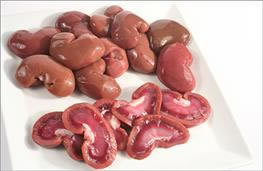Selenium
Health benefits of Selenium:
Contributes to protecting your cells from damaging free radicals, supports your immune system and contributes to normal thyroid function
The Worlds Science
See the bottom of this page for the ingredients highest in selenium
What is selenium?
Selenium is an essential trace semi-metallic element. It derives from the word for ‘Selene’, the Greek goddess of the moon1. In the diet it comes in several different forms including selenomethionine and selenocysteine2.
Why does it matter to me?
As with all micronutrients, severe selenium deficiency is rare, however evidence strongly suggests dietary consumption of selenium affords considerable health benefits3.
Selenium has complex biological effects that suggest a role in several diverse conditions and diseases.
Oxidative Stress
The presence of reactive oxygen species (sometimes called ‘free radicals’) is damaging to important parts of cells such as DNA and proteins. It is thought that cells can reduce this damage by manufacturing a variety of different ‘antioxidant’ molecules some of which contain and require selenium to function4.
Hair and Nail Health
Enough selenium in the diet is important for ensuring the good condition of both nails and hair5.
Neurological Health
There is evidence linking selenium deficiency with irreversible damage to nerve cells and brain injury. Therefore, the role that selenium plays in neurological conditions has received a substantial amount of research attention6.
For example, links have been made between selenium deficiency and an increased likelihood of developing conditions such as Parkinson’s disease and Alzheimer’s disease. However, these diseases have many complex underlying causes and selenium deficiency may play a partial role which has yet to be fully understood7.
Reproductive Health
Evidence clearly shows that selenium deficiency gives rise to the production of sperm that are unable to ‘swim’ in the normal fashion. This suggests that selenium deficiency can also result in male infertility8.
Cancer
Because of its ‘antioxidant’ properties, its effects on DNA repair, apoptosis and the immune system, selenium might play a role in the prevention of cancer.
It has been claimed that selenium may inhibit the development of many forms of cancer, the most prominent of which being prostate cancer9.
Cardiovascular Disease (CVD)
When extreme selenium deficiency occurs, it manifests itself in regions of the world where selenium concentrations are very low in the topsoil. Therefore, the plants that people consume are selenium deficient and the result of this deficiency is a disease referred to as ‘Keshan disease’ symptoms of which are cardiovascular disease (CVD), hypertension and, eventually, a heart attack10.
Type 2 Diabetes
The biology that underpins the development of type 2 diabetes is complex. The most significant cause of type 2 diabetes is obesity. However, evidence also suggests that low selenium concentrations in blood is associated with an increased likelihood of developing Type 2 diabetes. The data is complex at present and more research is required11.
Thyroid Function
Selenium concentration is higher in the thyroid gland than in any other organ in the body, and, like iodine, selenium has important functions in the production of thyroid hormones.
The thyroid gland produces two hormones, thyroxine (T4) and triodothyronine (T3)12. Thyroid hormones play vital roles in regulating: the rate at which your cells produce energy, heart and digestive function, muscle control and brain development13.
Immune Function
In vitro (lab) studies and animal studies have revealed the importance of selenium in the effective function of immune cells. Evidence suggests that immune cell function is improved by elevated selenium levels in the diet.
However, the most recent randomised clinical trial also suggests that too much selenium in the form of supplementation (300mcg per day), can have detrimental effects on immune function and human health more generally14.
What is selenium?
Selenium is an essential trace semi-metallic element. It derives from the word for ‘Selene’, the Greek goddess of the moon1. In the diet it comes in several different forms including selenomethionine and selenocysteine2.
Why does it matter to me?
As with all micronutrients, severe selenium deficiency is rare, however evidence strongly suggests dietary consumption of selenium affords considerable health benefits3.
Selenium has complex biological effects that suggest a role in several diverse conditions and diseases.
Oxidative Stress
The presence of reactive oxygen species (sometimes called ‘free radicals’) is damaging to important parts of cells such as DNA and proteins. It is thought that cells can reduce this damage by manufacturing a variety of different ‘antioxidant’ molecules some of which contain and require selenium to function4.
Hair and Nail Health
Enough selenium in the diet is important for ensuring the good condition of both nails and hair5.
Neurological Health
There is evidence linking selenium deficiency with irreversible damage to nerve cells and brain injury. Therefore, the role that selenium plays in neurological conditions has received a substantial amount of research attention6.
For example, links have been made between selenium deficiency and an increased likelihood of developing conditions such as Parkinson’s disease and Alzheimer’s disease. However, these diseases have many complex underlying causes and selenium deficiency may play a partial role which has yet to be fully understood7.
Reproductive Health
Evidence clearly shows that selenium deficiency gives rise to the production of sperm that are unable to ‘swim’ in the normal fashion. This suggests that selenium deficiency can also result in male infertility8.
Cancer
Because of its ‘antioxidant’ properties, its effects on DNA repair, apoptosis and the immune system, selenium might play a role in the prevention of cancer.
It has been claimed that selenium may inhibit the development of many forms of cancer, the most prominent of which being prostate cancer9.
Cardiovascular Disease (CVD)
When extreme selenium deficiency occurs, it manifests itself in regions of the world where selenium concentrations are very low in the topsoil. Therefore, the plants that people consume are selenium deficient and the result of this deficiency is a disease referred to as ‘Keshan disease’ symptoms of which are cardiovascular disease (CVD), hypertension and, eventually, a heart attack10.
Type 2 Diabetes
The biology that underpins the development of type 2 diabetes is complex. The most significant cause of type 2 diabetes is obesity. However, evidence also suggests that low selenium concentrations in blood is associated with an increased likelihood of developing Type 2 diabetes. The data is complex at present and more research is required11.
Thyroid Function
Selenium concentration is higher in the thyroid gland than in any other organ in the body, and, like iodine, selenium has important functions in the production of thyroid hormones.
The thyroid gland produces two hormones, thyroxine (T4) and triodothyronine (T3)12. Thyroid hormones play vital roles in regulating: the rate at which your cells produce energy, heart and digestive function, muscle control and brain development13.
Immune Function
In vitro (lab) studies and animal studies have revealed the importance of selenium in the effective function of immune cells. Evidence suggests that immune cell function is improved by elevated selenium levels in the diet.
However, the most recent randomised clinical trial also suggests that too much selenium in the form of supplementation (300mcg per day), can have detrimental effects on immune function and human health more generally14.
Review date: 2/9/2022
Next review date: 2/9/2023
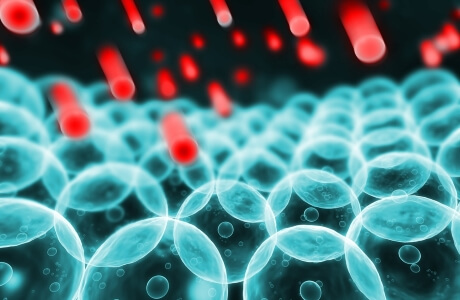
291
445
https://www.checkyourfood.com/content/blob/Micronutrients/top-foods-for-Selenium.jpg
Top 6 ingredients for Selenium taking into account portion size and cooking retention factors
Filter ingredients by:

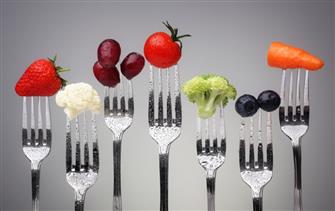 About nutrients
About nutrients
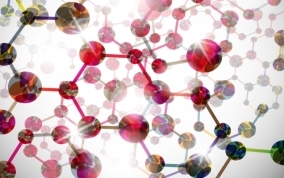 All nutrients
All nutrients
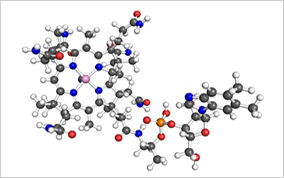 vitamins
vitamins
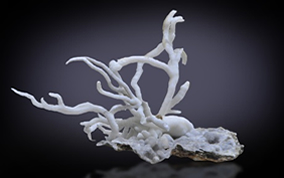 minerals
minerals
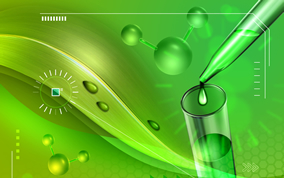 phytochemicals
phytochemicals
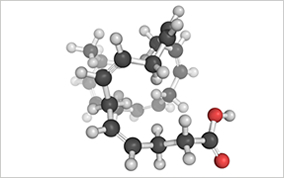 fatty acids
fatty acids
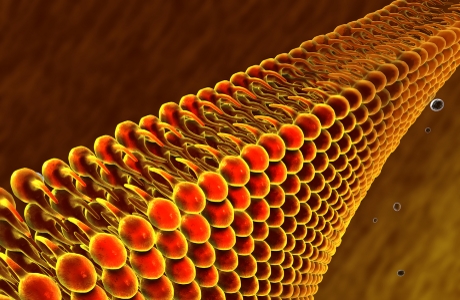 macronutrients
macronutrients
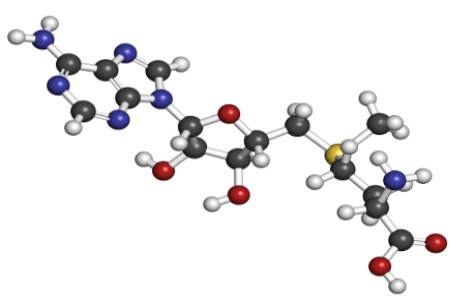 amino acids
amino acids




